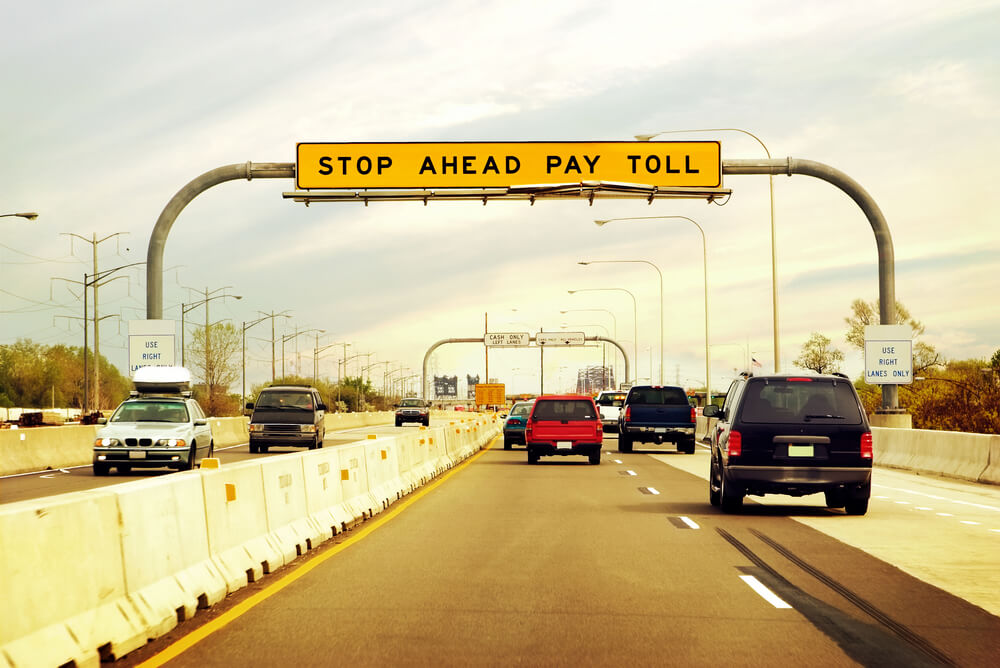
The federal government and too many states have a troublesome relationship with truck drivers. When times get tough, and supply chains face interruption, officials were more than willing to set aside regulations that previously impacted trucker salaries. But as the pandemic winds down, some politicians have already forgotten how hard-working men and women delivered essential goods and materials while many people sheltered in place.
The lack of gratitude may be the most evident coming out of the state of Connecticut, where lawmakers recently passed a measure that levels increased taxes on freight carriers and owner-operators. After wavering for months, Connecticut Gov. Ned Lamont backed legislation that blurs the line between a toll and tax, that only affects trucks. One state representative epitomized a sometimes thankless attitude held by politicians.
“The modest fee that a truck company would have to pay us to drive the length of I-84, which is about $9, pales in comparison to the fact that, when that truck reaches the George Washington Bridge, they will pay $100 to cross one way on that bridge,” Connecticut state Rep. Sean Scanlon reportedly said.
A more compassionate approach would point fingers at New York and New Jersey, decrying their excessive tolls. But like the treatment people receive from many government bodies, truckers are subjected to an economic death by a thousand tiny paper cuts.
The repeated hours of service waiver issued by the Federal Motor Carrier Safety Administration (FMCSA) appears to undermine the argument that politicians and federal agencies are not necessarily on the side of the people who deliver more than 70 percent of America’s goods and materials. After all, the FMCSA officials seemed enthusiastic about approving the waiver and allowing truckers to work longer paid hours.
“The nation’s truck drivers are on the front lines of this effort and are critical to America’s supply chain. We will continue to support them and use our authority to protect the health and safety of the American people,” FMCSA acting administrator Jim Mullen reportedly said. “Ensuring that drivers are available to operate commercial motor vehicles during the national emergency declaration is critical to continued operation of the transportation and energy supply networks and the safety and economic stability of our nation.”
On the other hand, Congress and federal agencies have a long history of trimming billable hours when tragic collisions occur. Cutting back trucker hours and sometimes implementing onerous regulations underscores an ongoing issue. Washington, D.C., insiders don’t drive truck for a living. That’s largely why an experiential disconnect exists that too often results in drivers shouldering wrong-headed blame. For example, elected officials in both Connecticut and Rhode Island went on the record condemning truckers for the poor state of their roads and bridges.
But with the country now experiencing shortages due to an overwhelmed supply chain, government officials may start cozying up t CDL-holders once again. After all, there are not enough qualified long-haul truckers to handle the high volume of containers at U.S. ports and deliver agricultural resources. Perhaps government officials could sign up for marriage counseling and smooth out this dysfunctional relationship before more valuable truckers file for a divorce.
Source: ehstoday.com











the trucking industry isn’t healthy at the avg age of 55+. I’m in my 30s and one of the youngest at my company by 10-15 years. younger generations are just not interested in this industry and i cant blame them. i often regret this choice and this article is exactly why. A healthy industry needs its avg age of workers to be 35-40 by the way.
We first need to be on a hourly pay rate. This would include all time waiting at shippers and receivers. They have us on elogs so they know how many hours we work and sit waiting to load or unload. But we are still paid by the mile. As for the states tolling truckers to cross or deliver. We just don’t bring nothing up there. Let them go hungry. We will see how fast they change their minds.